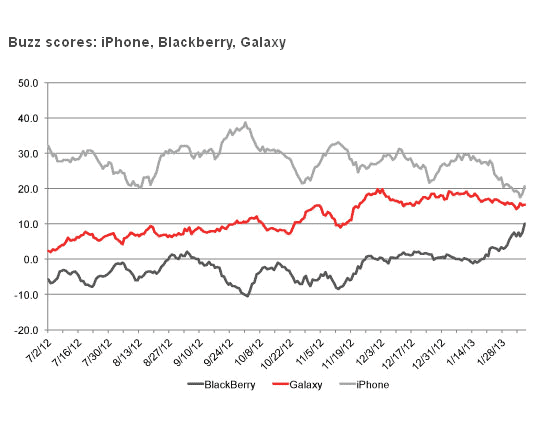
Ever since the release of Apple’s iPhone in 2008, Research in Motion (TSX:RIM) has been under the gun. Shares of the company have fallen from a high of $148 midway through that year to a recent low of $21.40.
The Waterloo mobile giant, despite growing from $6 billion in fiscal 2008 to nearly $20 billion in 2011, recently laid off 10% of its staff. The subject of RIM being bought by a larger US-based competitor cooled after Google’s acquisition of Motorola Mobility, but only slightly. In the minds of many analysts and pundits Microsoft Nokia, and others are still lurking. But is a sale of RIM a slam-dunk? Here are three things to consider.
1. Jim Balsillie and Mike Lazaridis Probably Don’t Want to Sell
At least one expert believes that consent to sell Research in Motion from their co-CEO’s is unlikely. Ken Coates, Professor of History and former Dean of Arts at the University of Waterloo has followed RIM closely for years, even penning a recent article about the company in the National Post. Coates says most of the media is off the mark is speculating that RIM is looking for a life raft. When I spoke to him, he told me his view is the the co-CEOs of RIM have bigger and longer-term perspectives in mind. “Lazardis in particular” said Coates, “has a keen interest in evolving science and technology suggests to me that he is looking beyond Blackberries and Playbooks and is very interested in the long-term development of the high technology sector. ”
2. RIM’s co-CEO’s are Not “Super” Men
Of course none of the points made in the first section of this article matter if Balsillie and Lazaridis cannot summon the votes the quash a potential hostile takeover. A casual look at the shareholder list of RIM shows the pair own relatively little of the company they have become almost indistinguishable from. Jim Balsille owns 31.1 million shares or 5.9 per cent of outstanding RIM stock, while Lazaridis owns 28.1 million shares, equivalent to 5.4 per cent, for a total of 11.3%, according to Bloomberg data. And contrary to some opinions floating around the company do not own shares that entitle them to additional voting rights, sometimes called “super” voting rights, as was the case in 2008 when auto-parts magnate Frank Stronach used his super voting rights to crush a proposal from a New York based investment firm to make sweeping changes to his MI Developments. The lack of leverage in the positions of Balsillie and Lazaridis makes the possibility of a hostile takeover by a equity fund, private or public company or a leveraged buyout from corporate raider such as KKR or Kirk Kerkorian more plausible.
3. The Canadian Government Might Not Allow RIM be Sold
The white elephant in the room in the case of a takeover of Research in Motion is the Canadian government. Last November, Stephen Harper’s Conservative government, which was widely perceived to be anti-protectionist, rejected Melbourne based BHP Billiton Ltd.’s $40 billion hostile takeover of of Potash Corp. of Saskatchewan. Then Industry minister Tony Clement said the decision was made because he had “come to the conclusion that BHP Billiton’s bid does not present a likely net benefit to Canada.” If net benefit could be interpreted as jobs and taxes, it’s hard to see how RIM would not fall under the same category. Potash Corporation has approx 5,000 employees, less than a third of RIM’s, and more than half of those live and work in Canada. In fiscal 2010 RIM paid $809 million in Canadian taxes. What’s more, the speculation on RIM’s future is happening in the shadow of the dismantling of the once great Nortel, whose final patents were sold off to a consortium that included Apple, Sony and Ericsson. Does the burial of Nortel, which once represented 36% of the entire value of the Toronto Stock Exchange and employed 90,000 people, carry a psychological weight in Canada? Noted Canadian tech journalist Mark Evans captured the feeling of a certain segment of the population recently when he argued that Canada needs to save RIM. “As much as I’m not a big believer in government intervention economically” said Evans “RIM is a special situation because it plays a crucial role within the Canadian economy – not only as a large employer but a company that spins off many start-ups by ex-RIM employees who want to use their expertise and wealth.”
Leave a Reply
You must be logged in to post a comment.




 Share
Share Tweet
Tweet Share
Share




Comment